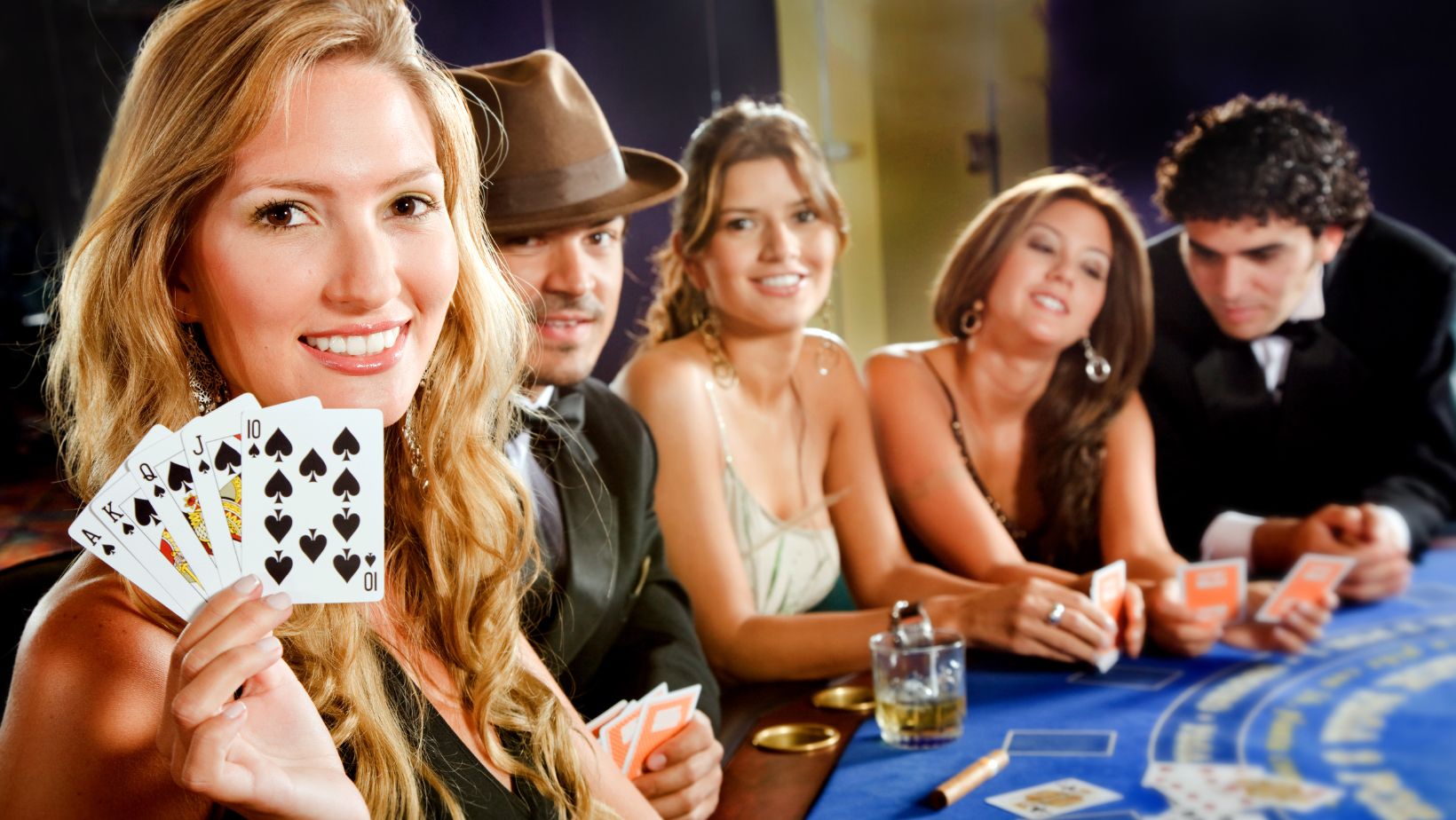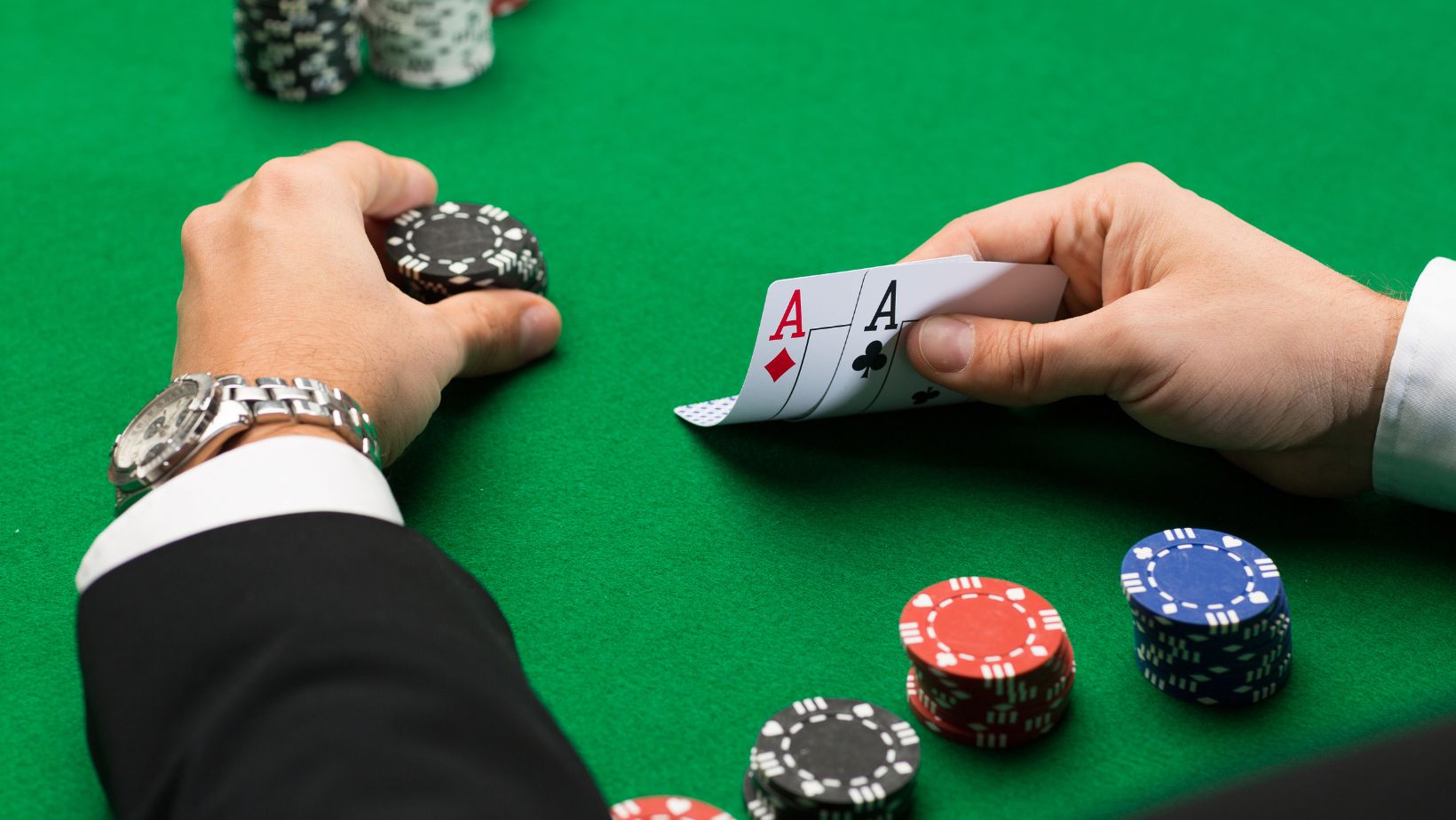
The bright lights and excitement of the casino floor hold an irresistible allure for many gamblers, drawing them to games like roulette, craps, and slots with the hopes of hitting it big. But for a select group of players who live for the thrill of high-risk, high-reward wagers, the real action happens in the Casumo Deutschland VIP rooms and invite-only tournaments with million-dollar prize pools. What drives these high rollers to bet astronomical sums on the turn of a card or roll of the dice? Let’s explore the psychology behind high-stakes betting and find out what separates pros from reckless gamblers playing with fire.
Table of Contents
ToggleThe Risk and Reward of Games of Chance
High-stakes betting conjures up images of poker players bluffing millions or wealthy tycoons wagering fortunes on a spin of the roulette wheel. The risk involved in these big money bets activates the brain’s reward system, flooding it with dopamine and creating an addictive euphoric rush. With so much money on the line, the potential payoff can be massive as well. For example, a South Korean businessman won an incredible $38 million playing baccarat in 2012. Wins of this magnitude instantly elevate a gambler’s social status and bring prestige alongside wealth. This one-two punch makes high-stakes betting irresistible to individuals who crave not just money, but recognition.
Inside the Mind of a High Roller
So what type of person has the bankroll, stomach, and steel nerves necessary to regularly place six and seven-figure bets? According to gambling psychology experts, extreme risk-takers betting astronomical sums generally possess certain common personality traits and attitudes that differentiate them from the average casino-goer:

- Laser Focus – Top-tier gamblers maintain intense discipline and concentration even during prolonged betting sessions designed to be mentally grueling tests of skill and stamina.
- Total Confidence – Self-assuredness borders on hubris. High rollers keep raising the stakes because they firmly believe they have mastered Lady Luck.
- Obsession with the Game – These players obsessively analyze every minute detail and Probability related to their game of choice, convinced that sufficient study allows them to predict outcomes.
- High IQ – An expectation of above-average intelligence proves justified by measured IQ scores among big money gamblers consistently landing in the 110-130 range.
- Acceptance of Loss – While just as thrilled by a major payout as anyone else, the best pros avoid being shaken by six and seven-figure losses by treating them as just another outcome in a long-term process. This emotional regulation allows them to rapidly rebound and continue playing at the highest level under pressure.
The Dark Side of High Stakes
Of course, for every disciplined professional gambler treating high-stakes betting as a Chess match, there are dozens of reckless thrill seekers chasing losses or compromising themselves financially trying to maintain an extravagant gambling-fueled lifestyle like a real-life Kenny from Rounders. The never-ending supply of such players keeps casinos happy to facilitate massive wagers, including an Australian who managed to lose $28 million in just one year!
For these troubled gamblers betting more than they can afford to lose, studies show certain similarities extending beyond mere greed or hubris:
- Anti-Social Tendencies – Problem gamblers fail to properly value relationships over self-interests or measure how their actions negatively affect partners, families, employers, etc.
- Narcissism – They believe themselves “special” – luckier or more talented than fellow players.
- Difficulty Regulating Emotion – Major or surprising losses can trigger panic attacks, rage episodes, or even suicidal thoughts.
- Obsessive Need for Stimulation – Addictive personalities find unhealthy excitement and drama around extreme gambling they can’t obtain elsewhere.

While chasing the dream of striking it rich motivates many to place wild, reckless bets far out of their price range, pursuing unlikely rewards often turns into a nightmare with jobs, homes, relationships, or even lives getting shattered in the process. But understanding what separates healthy, professional gambling from self-destructive addiction better positions those drawn to high-stakes experiences to avoid its darkest consequences even at the tables.






